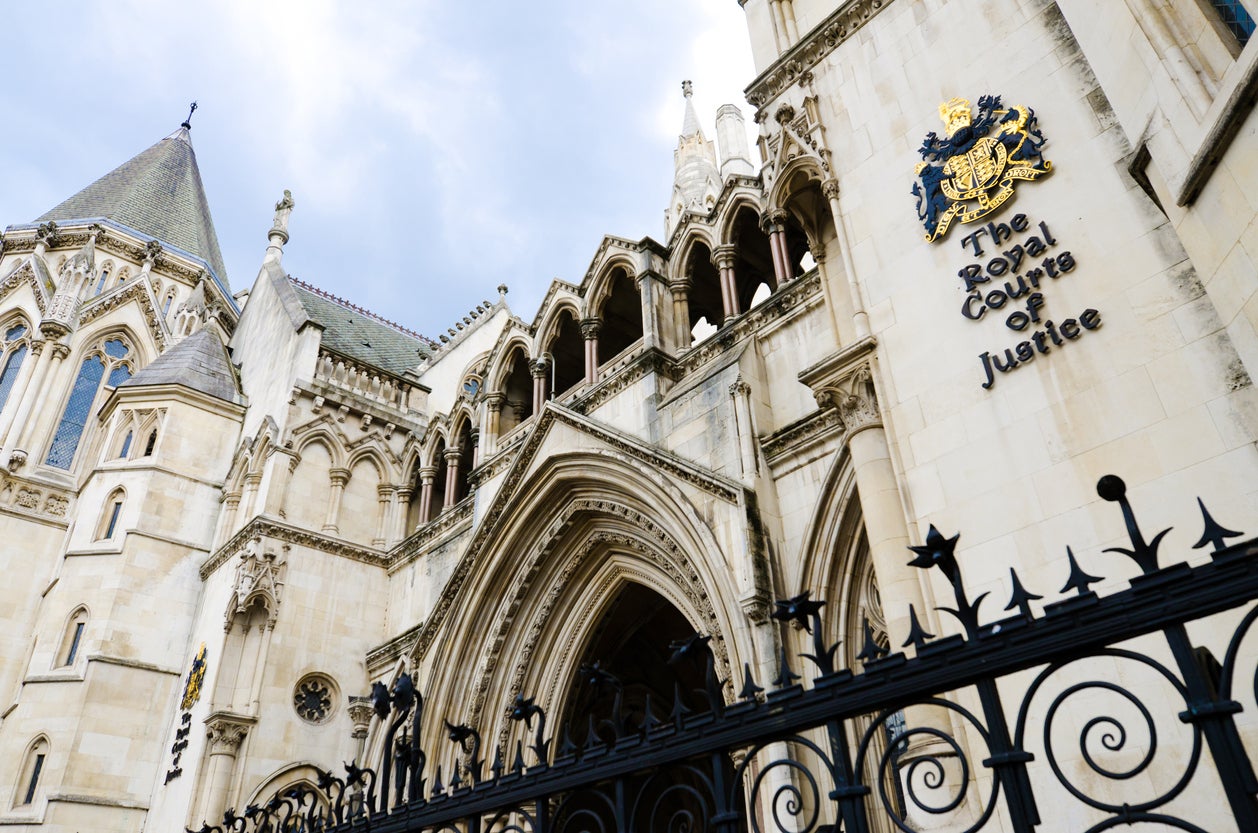Hotel quarantine is ‘breach of human rights’, court told
London legal team is seeking a judicial review of the government’s policy

Your support helps us to tell the story
From reproductive rights to climate change to Big Tech, The Independent is on the ground when the story is developing. Whether it's investigating the financials of Elon Musk's pro-Trump PAC or producing our latest documentary, 'The A Word', which shines a light on the American women fighting for reproductive rights, we know how important it is to parse out the facts from the messaging.
At such a critical moment in US history, we need reporters on the ground. Your donation allows us to keep sending journalists to speak to both sides of the story.
The Independent is trusted by Americans across the entire political spectrum. And unlike many other quality news outlets, we choose not to lock Americans out of our reporting and analysis with paywalls. We believe quality journalism should be available to everyone, paid for by those who can afford it.
Your support makes all the difference.The UK’s hotel quarantine policy is a “breach of human rights”, lawyers will tell the Royal Courts of Justice later today.
Group litigation firm PGMBM is seeking a judicial review over the recently reinstated policy, which sees people travelling to the UK from red list countries forced into a 10-day quarantine at a cost of £2,285 per solo traveller or £3,715 per couple.
Members of its legal team will argue that mandatory hotel quarantine of fully vaccinated people is unlawful and an interference with their right to personal liberty.
After the recent, sudden changes to the red list - when ministers added 11 African countries to the list amid fears about the omicron variant - many British travellers had short windows of time to get back from countries such as South Africa and Nigeria before the hotel quarantine rule kicked in.
On top of which, some - such as Emily Mennie and Owen Hancock, visiting relatives in South Africa - found they could not book a quarantine hotel room due to limited capacity in the first few days after the rule change, forcing them to postpone their return and increasing their costs abroad.
Another case the legal action will bring to light is of a woman who had travelled to visit her dying father, and was told four days into her hotel quarantine that he had died.
She says she was denied a visit from her husband, with officials telling her he would have to pay to join her in quarantine and start the process again.
“I asked what would happen if my mental health deteriorated and the liaison officer told me that everyone’s mental health deteriorates in managed hotel quarantine and informed me of a pending legal challenge,” the woman told PGMBM.
Hotel quarantine was introduced in February 2021, with travellers who failed to book a government-mandated package threatened with fines of £10,000.
To date, over 200,000 people have been forced into quarantine after travelling into the UK from a red list country.
Yesterday, prime minister Boris Johnson suggested that the policy could be reviewed in the coming weeks.
At Wednesday’s Downing Street news conference, Rachel from Essex asked: “Why can’t fully vaccinated British travellers stuck in red listed countries self-isolate at home when they return instead of a hotel?
“Quarantine hotels are too expensive, especially as this was implemented at short notice, not giving travellers a chance to get home.”
Boris Johnson responded: “I think that’s a very fair challenge, given the way omicron’s now seeded around the world and not just in red listed countries, we will be looking at the red list and the way that we do it.
“But it’s been very important in the immediate period, the immediate response to omicron, to have very tough border measures to slow the arrival of the variant in this country.
“That was the objective of those measures and continues to be the objective."
Join our commenting forum
Join thought-provoking conversations, follow other Independent readers and see their replies
Comments